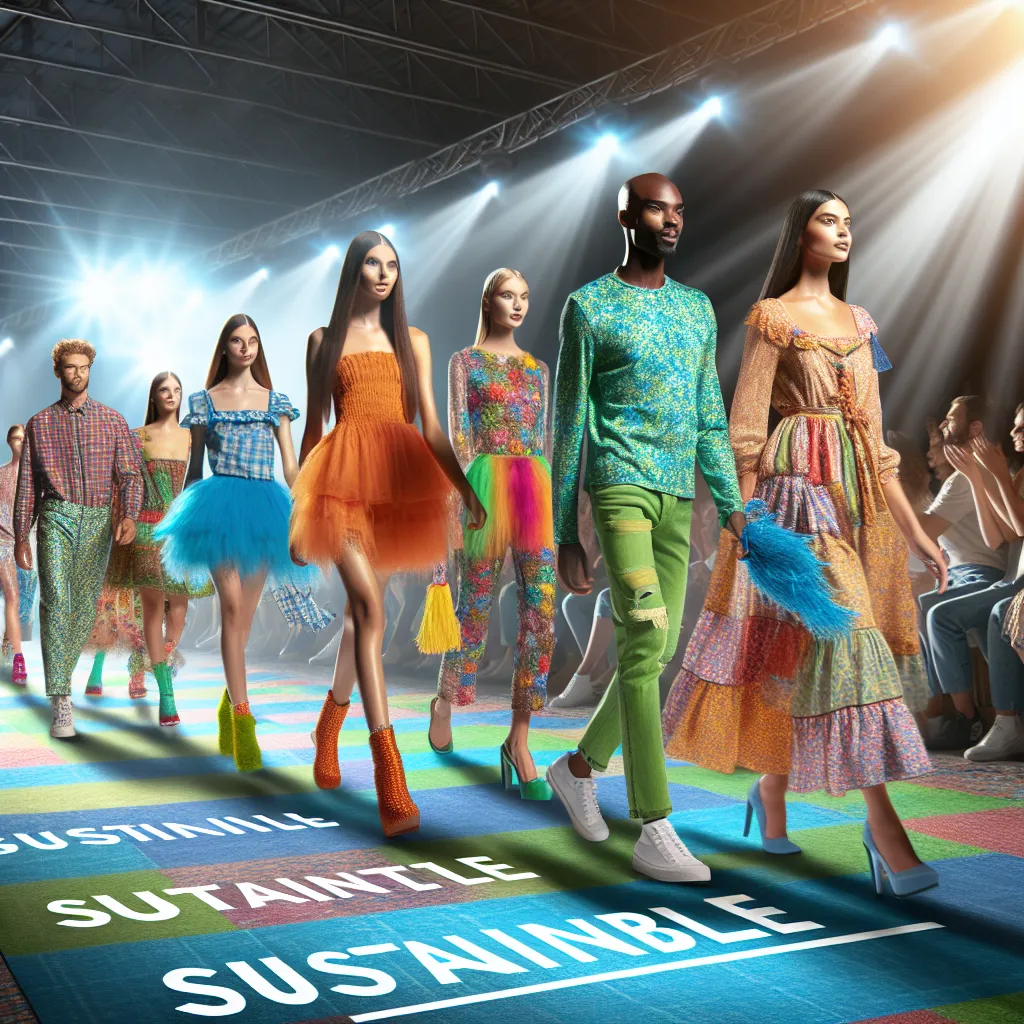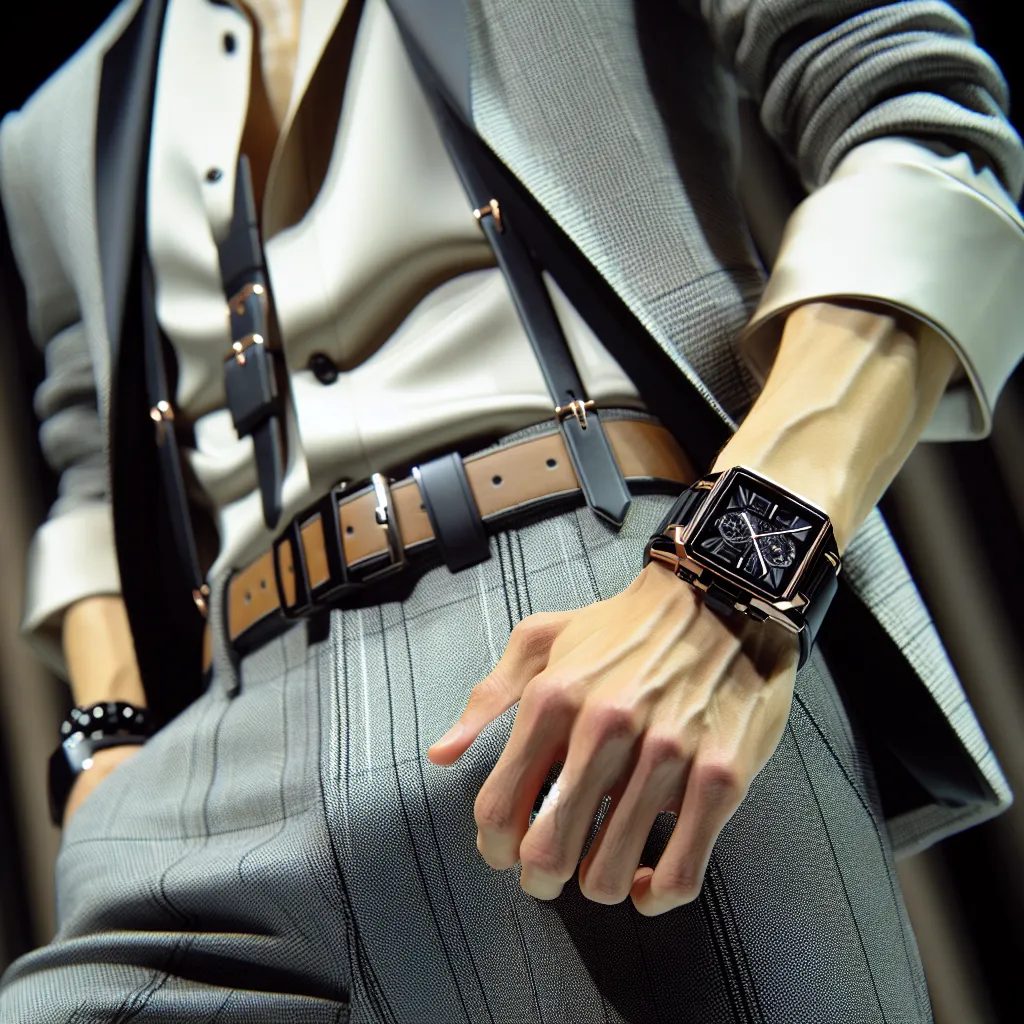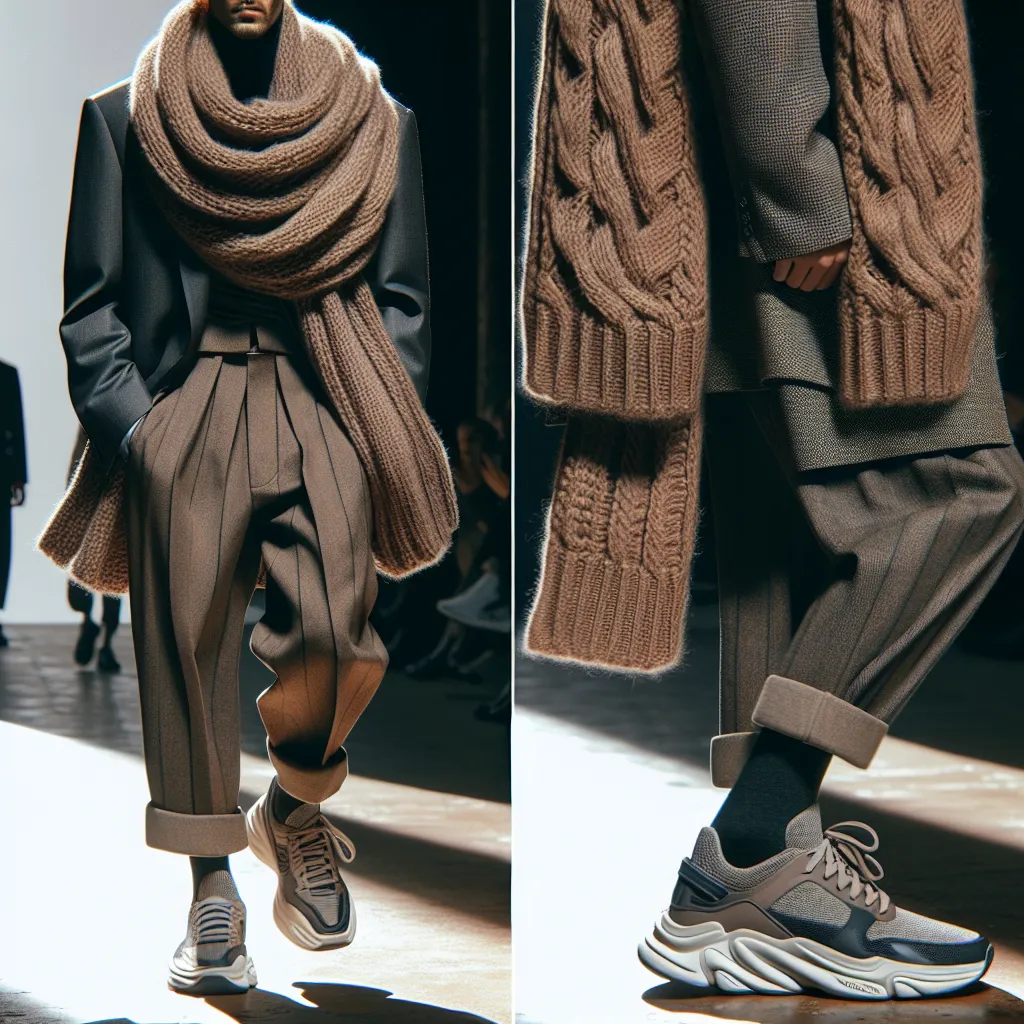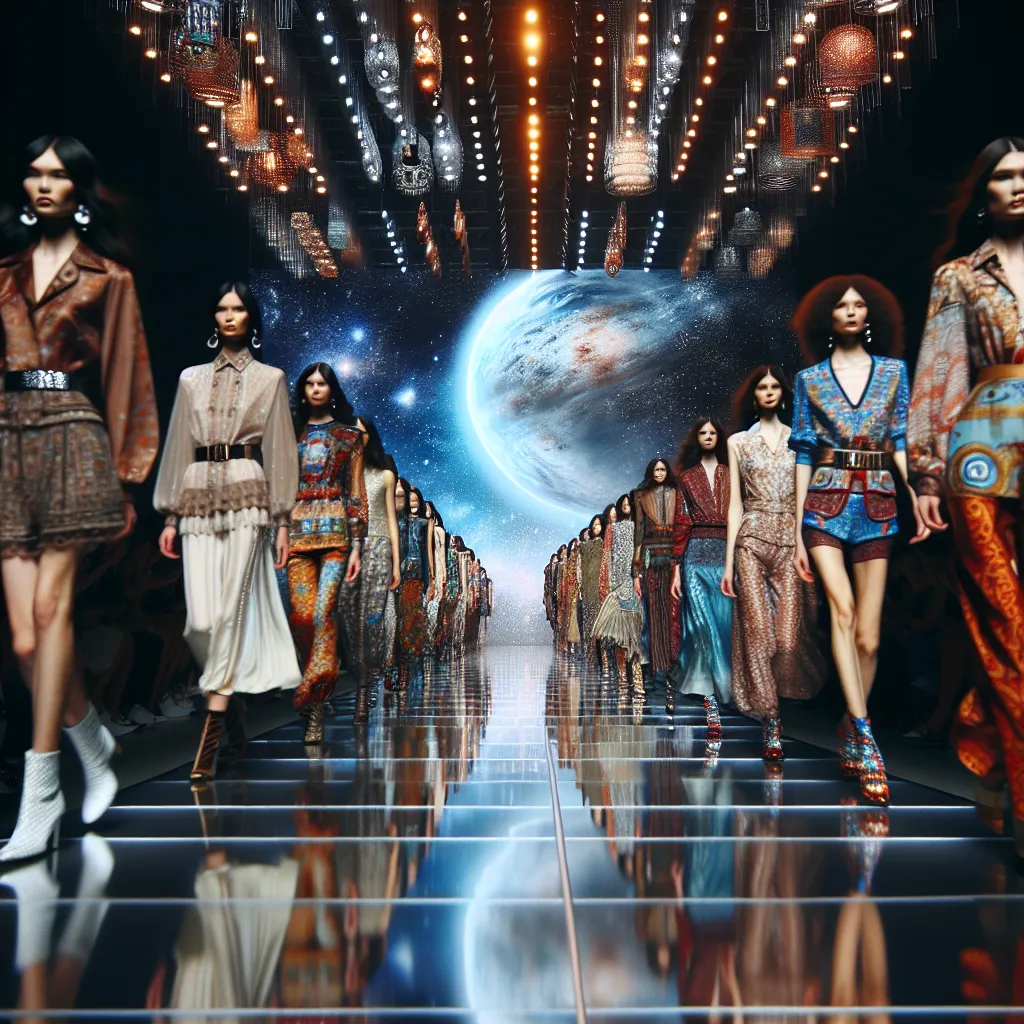Eco-Friendly Materials and Technologies Revolutionizing the Fashion Industry
As the fashion industry continues to evolve, sustainable fashion has emerged as a prominent trend, with a growing emphasis on eco-friendly materials and technologies. The use of innovative, sustainable materials such as organic cotton, hemp, and recycled polyester is revolutionizing the way fashion is produced. These materials not only reduce the environmental impact of the fashion industry but also enable the creation of high-quality, stylish apparel.
In addition to eco-friendly materials, technological advancements are playing a crucial role in revolutionizing the fashion industry. Innovations such as 3D printing, waterless dyeing processes, and on-demand manufacturing are paving the way for a more sustainable and efficient production process. These technologies not only minimize waste but also offer greater flexibility in design and production, allowing for more customized and personalized fashion items.
Furthermore, the use of blockchain technology is enhancing transparency and traceability in the fashion supply chain, allowing consumers to make more informed purchasing decisions. By leveraging blockchain, brands can provide detailed information about the origins of materials, production processes, and supply chain partners, empowering consumers to support ethical and sustainable practices.
In conclusion, the fashion industry is experiencing a significant shift towards sustainability, with eco-friendly materials and innovative technologies leading the way. As consumers become more conscious of the environmental impact of their fashion choices, the demand for sustainable and ethically produced clothing continues to grow. With the ongoing revolution of eco-friendly materials and technologies, the future of fashion is set to be both stylish and environmentally conscious.
How Consumer Demand is Shaping the Future of Sustainable Fashion
Consumer demand has been a driving force behind the rise of sustainable fashion, shaping the way the industry operates and the choices brands make. As consumers become more conscious of the environmental and ethical impacts of their fashion purchases, they are increasingly seeking out sustainable options. This shift in consumer demand is pushing fashion brands to reevaluate their production methods, sourcing of materials, and overall commitment to sustainability.
One trend to watch is the growing demand for transparency and accountability from fashion brands. Consumers are now seeking information about the entire lifecycle of a garment, from raw material sourcing to manufacturing processes. They want to know that the products they buy align with their values, whether it’s the use of organic materials, fair labor practices, or minimal environmental impact.
Another significant aspect of consumer demand shaping the future of sustainable fashion is the shift towards circularity. There is a rising interest in closed-loop systems, where garments are designed for longevity, reuse, and recycling. Consumers are embracing initiatives such as clothing rental, resale platforms, and the option to return old garments for recycling. This reflects a growing preference for fashion that minimizes waste and maximizes the use of resources.
Furthermore, the demand for inclusive and diverse representation within sustainable fashion is gaining momentum. Consumers are advocating for greater diversity in sizing, body positivity, and representation of different cultural backgrounds in the sustainable fashion space. Brands that respond to these demands by offering more inclusive and diverse ranges are poised to resonate with a wider audience.
In conclusion, consumer demand is a powerful driver of change in the fashion industry, especially in the realm of sustainability. As consumers continue to prioritize ethical and environmental considerations in their purchasing decisions, brands that embrace and adapt to these trends will be at the forefront of shaping the future of sustainable fashion.




